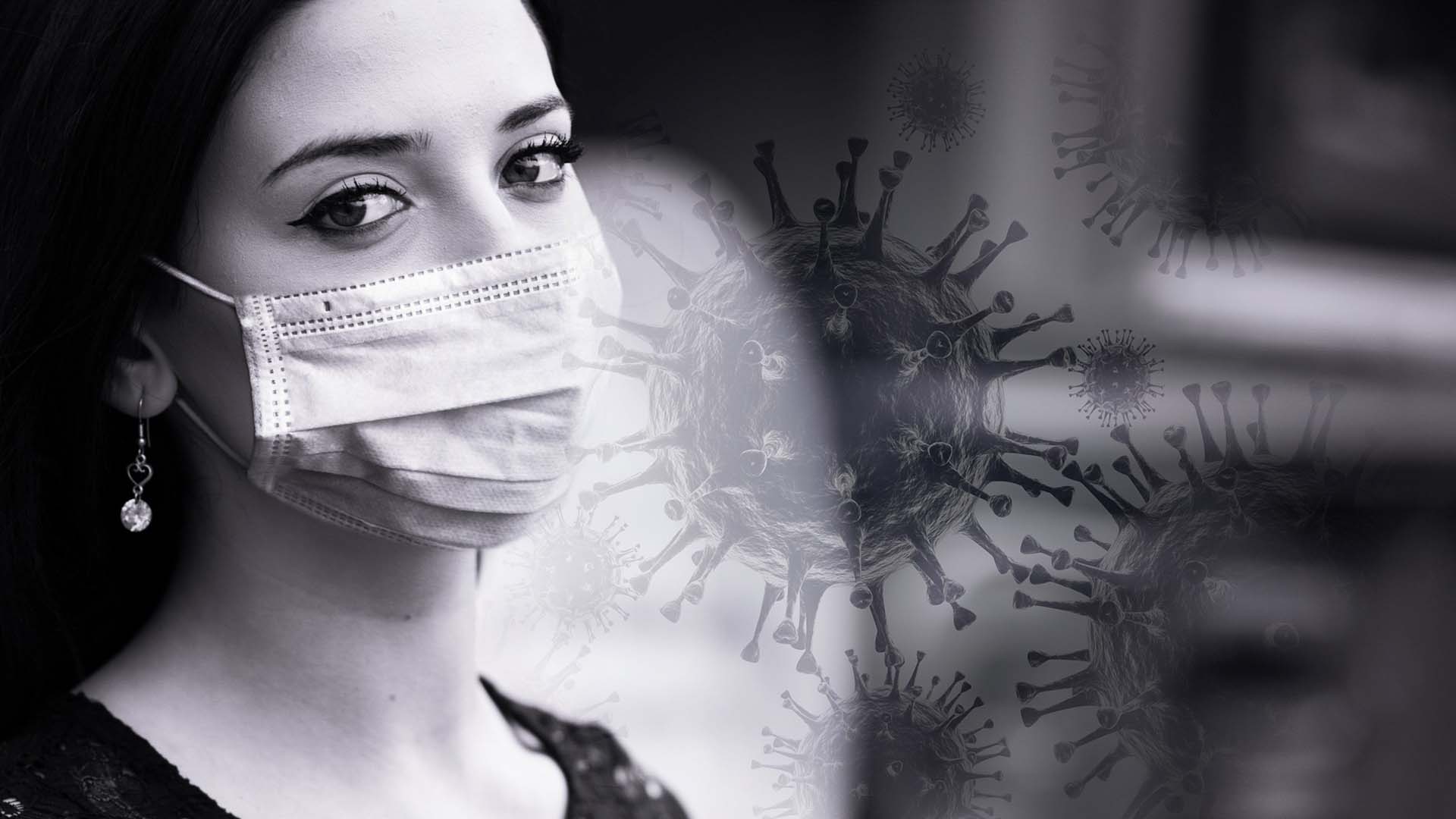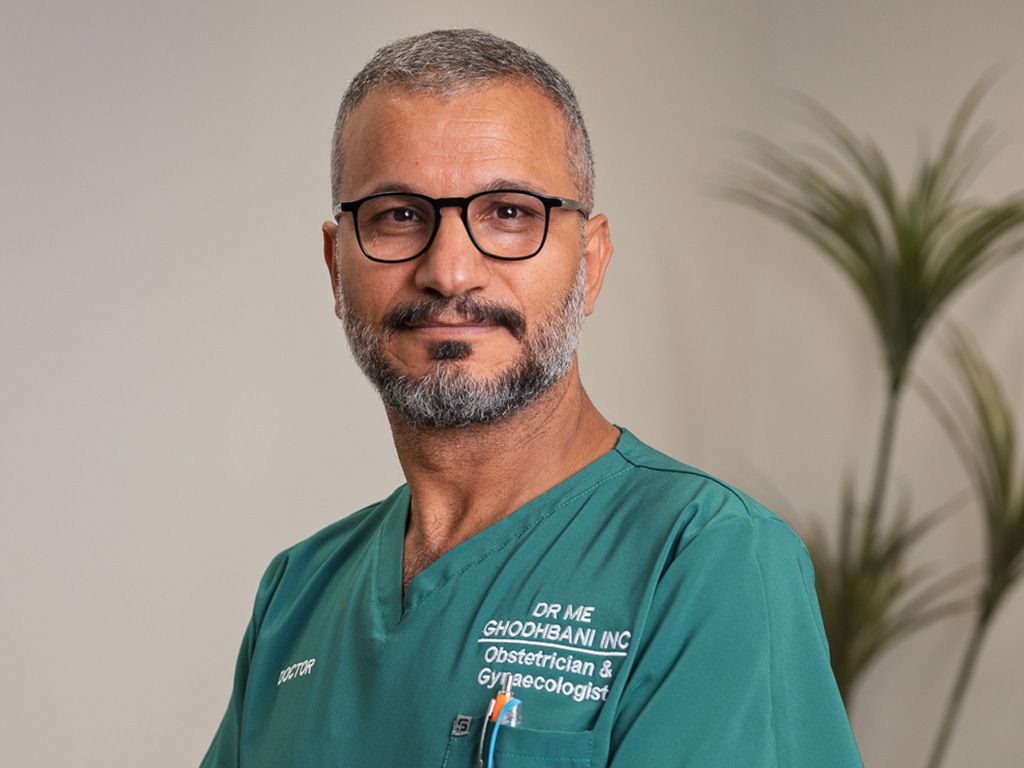Don’t gamble on your odds of surviving the pandemic, clinical expert warns
What over-18s can expect after their C19 shot
All over-18s, representing some two-thirds of the population, are now eligible for the Covid-19 vaccine. As SA’s levels of Covid-19 protection get a major shot in the arm with millennial vaccinations, a clinical pharmacologist explains how vaccination reduces clinical risk and what young people can expect.
“The opening of vaccination to young people is really significant for our country, and a major milestone towards greater protection from Covid-19 for all,” says Dr Jacques Snyman, clinical risk expert and medical advisor to Health Squared Medical Scheme.
“Anyone who may be worried about getting the Covid-19 vaccine should be aware that the risks of not being vaccinated completely outweigh any other concerns, as the numbers demonstrate. Mild side effects may be experienced after the vaccine and are no cause for concern when you know what to expect.
He points out that vaccines, irrespective of the type, stimulate the immune system to recognise a foreign pathogen such as a virus. This reaction elicits the release of cell mediators, which are responsible for the flu-like symptoms or injection site tenderness some of us experience after a vaccine.
Risk of Covid-19 death in numbers
“To illustrate the dangers of not being vaccinated, it has been estimated that your odds of being struck by lightning in South Africa is approximately 1 in 350 000. Whereas, in a largely-unvaccinated population of 60.1 million people with over 81 595 recorded confirmed Covid-19 deaths since the start of the pandemic, the odds of dying from Covid-19 over this time can be conservatively estimated at 1 in 736,” he says.
The South African Medical Research Council [SAMRC] has been tracking excess deaths since the beginning of May 2020 for all causes of mortality, which include deaths both directly and indirectly related to the pandemic and appears to correlate with the waves of Covid-19 infection the country has experienced.
“The total number of deaths from all causes SAMRC recorded over this time is 986 248, and compared to pre-pandemic years this amounts to some 244 846 excess deaths so far. Therefore, of all deaths since the start of the pandemic in SA, one in 12 deaths was due to Covid-19 with laboratory confirmation. The excess deaths suggest that as many as one in four deaths could be, either directly or indirectly be ascribed, as a result of the Covid-19 pandemic.
“These numbers illustrate the statistically significant dangers of not being vaccinated. Don’t gamble with your life, overwhelming evidence shows that vaccines hugely reduce clinical risk and are the best protection we have against Covid-19. I really encourage everyone to register and have their vaccines as soon as possible,” Dr Snyman says.
The lessons from other almost fully vaccinated countries such as the UK, illustrate to us that the infection can still spread, but that the chance of hospitalisation and death is now significantly reduced allowing a move back to some normality.
How the Covid-19 vaccine builds protection
“It is most important to understand that the Covid-19 vaccine does not contain the live virus and it cannot cause you to fall ill with Covid-19. Rather, there is a tiny fragment of protein or RNA, depending on the vaccine manufacturer, in the vaccine which teaches your body how to identify and build resistance to Covid-19 so that your immune system will be ready to recognise and fight off infection in future,” Dr Snyman explains.
“If a vaccinated person encounters the real virus, their body is able to generate what is known as ‘an adaptive immune response’. As part of this response, the immune system’s special ‘memory’ cells recognise the virus as a threat and activate other cells to either attack the virus directly or secrete antibodies to neutralise the virus.”
When pathogens enter the body, the immune system triggers an inflammatory response as your body’s defence mechanisms kick in, to ward off these pathogens. Sometimes when people are vaccinated, including for the COVID-19 or influenza vaccines, they may experience this inflammatory response, especially in the arm where they received the injection.
The body is learning to identify and build resistance to these presented antigens, or foreign matter from the pathogen, in the vaccine so that the immune system will be ready to recognise and fight off infection associated with that antigen in future. Many people do not experience any symptoms and still produce good antibodies to protect them against Covid-19 infection.
Mild side effects are common
“It is normal to have some mild side effects such as pain in the arm, ‘feeling off’ and slight fever as part of an inflammatory response, which are usually manageable and can often be treated with paracetamol at home. Seek medical attention if you experience severe fever and chills similar to the symptoms of an infection, or if you feel pain in body areas such as your legs, which in very rare cases could indicate clotting abnormalities,” Dr Snyman says.
In addition to the government’s toll-free Covid-19 hotline (0800 029 999), contact your doctor or clinic to discuss any symptoms of concern. Health Squared members have generous access to General Practitioner consultations, either in person or telehealth appointments, through an extensive national primary healthcare network. In addition, members have access to a dedicated telephonic health advice line to speak with a registered nurse.
Precautions still necessary
“It is very important to remember that anyone can transmit Covid-19, whether or not they have been vaccinated. It therefore remains crucial for everyone to continue to take personal responsibility in their actions to help prevent the spread of the virus, irrespective of their vaccination status,” Dr Snyman says.
“While vaccines provide an excellent measure of protection against severe illness for vaccinated individuals, they can still become ill with Covid-19 and can transmit the virus to other people. Daily screening, wearing masks, social distancing, regular sanitising of hands and surfaces, and good ventilation, as well as self-isolation and testing, in line with the recommended guidelines will need to remain in place for the foreseeable future,” Dr Snyman concludes.














